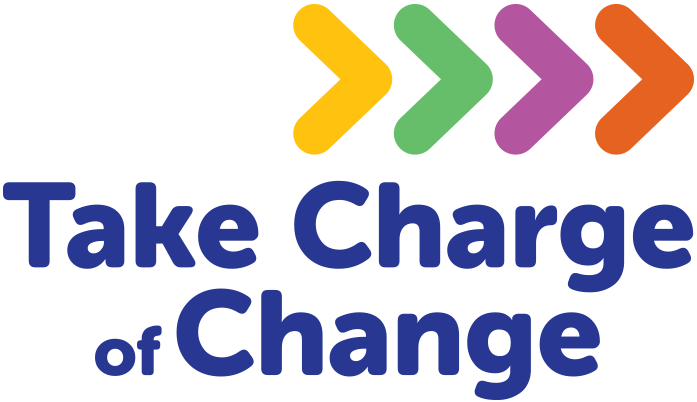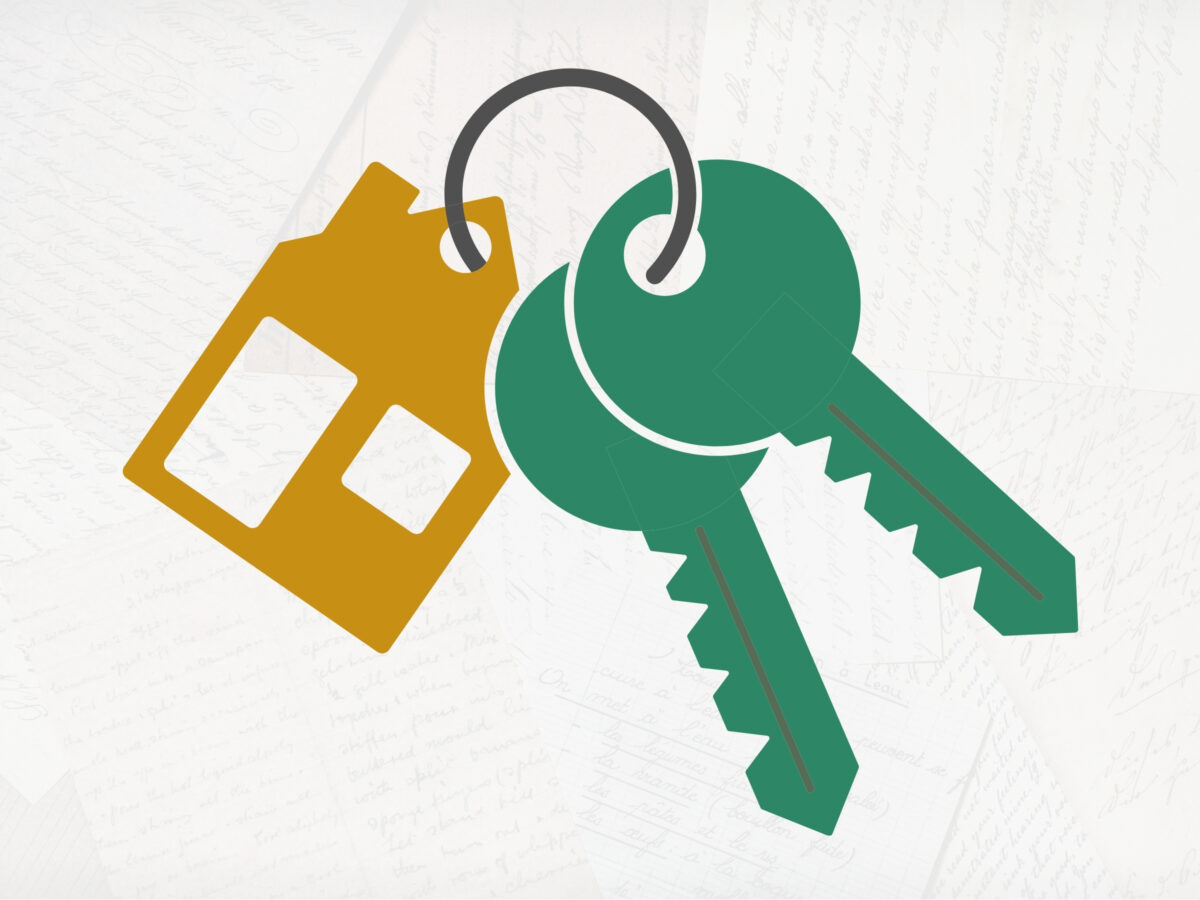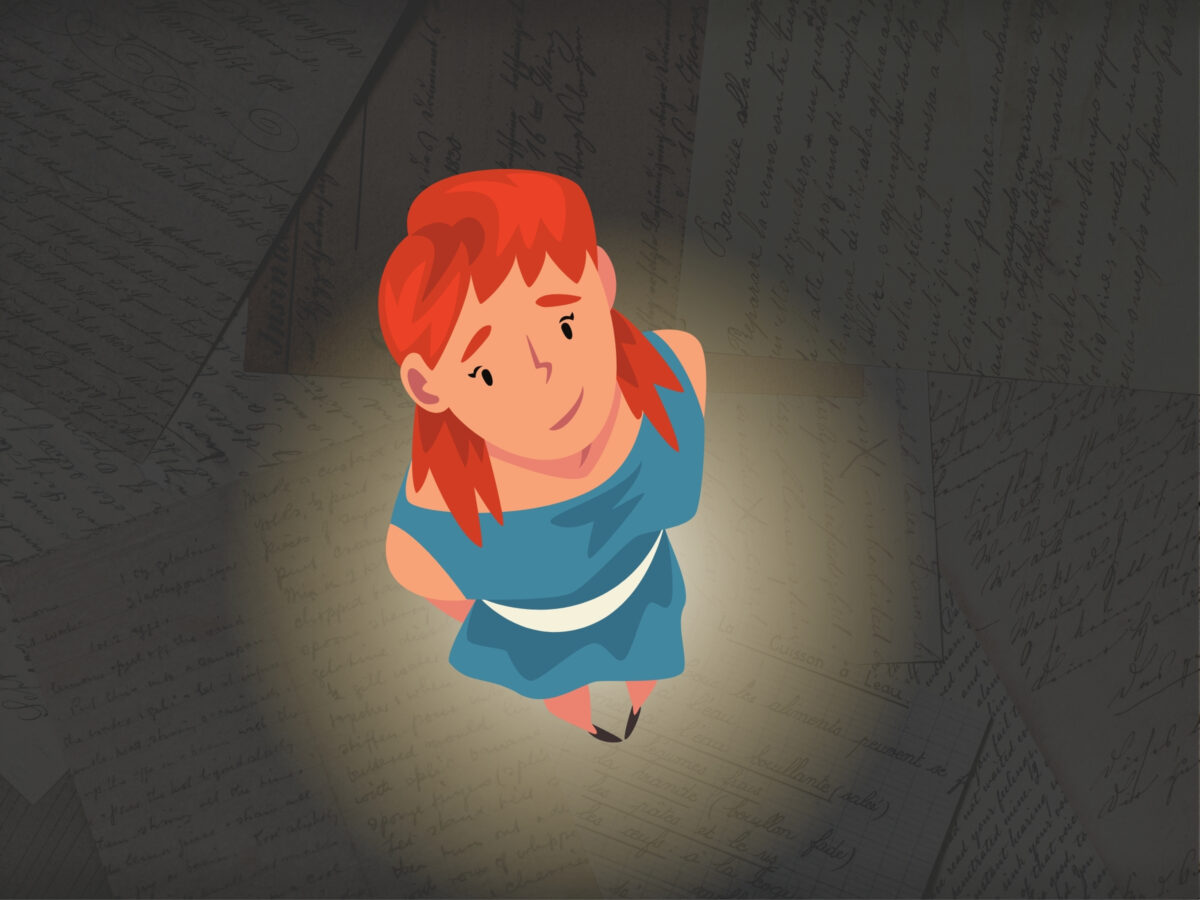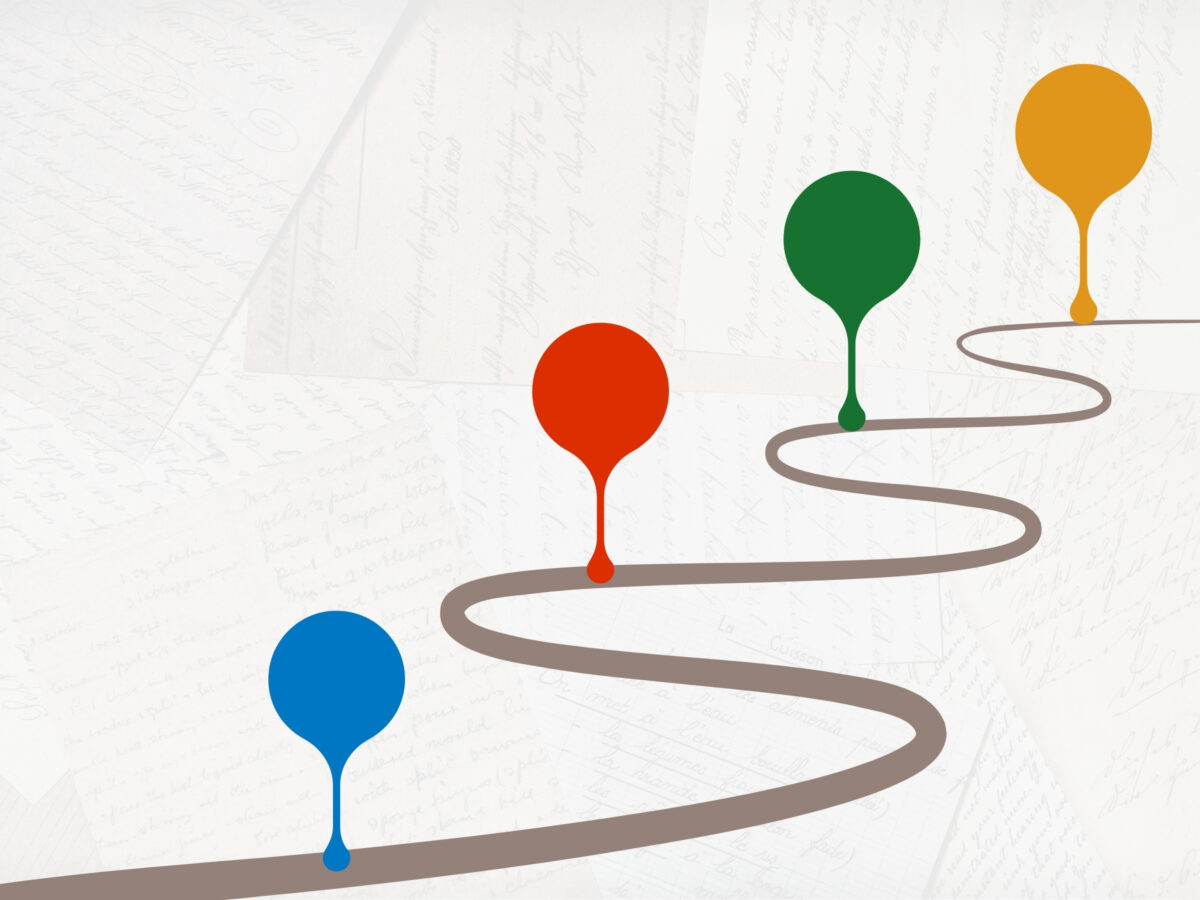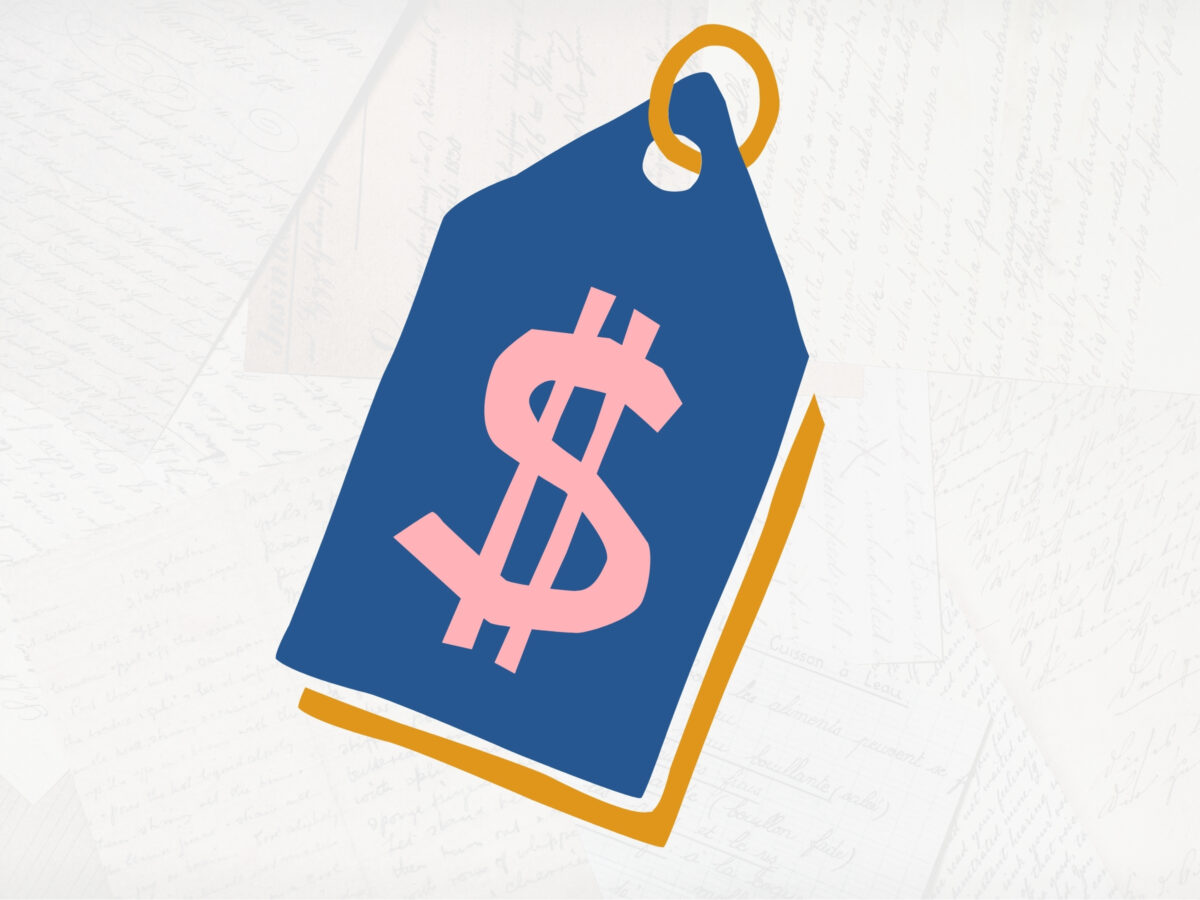You Can’t Pour From an Empty Cup
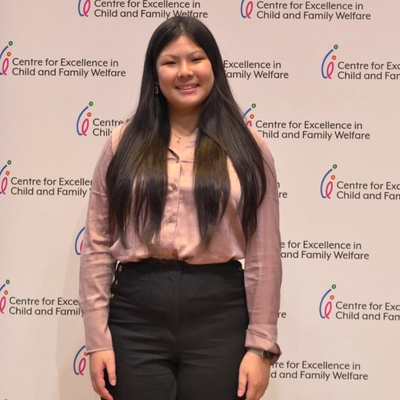
A conversation with Anna Zhang
First Published: 13 October, 2025
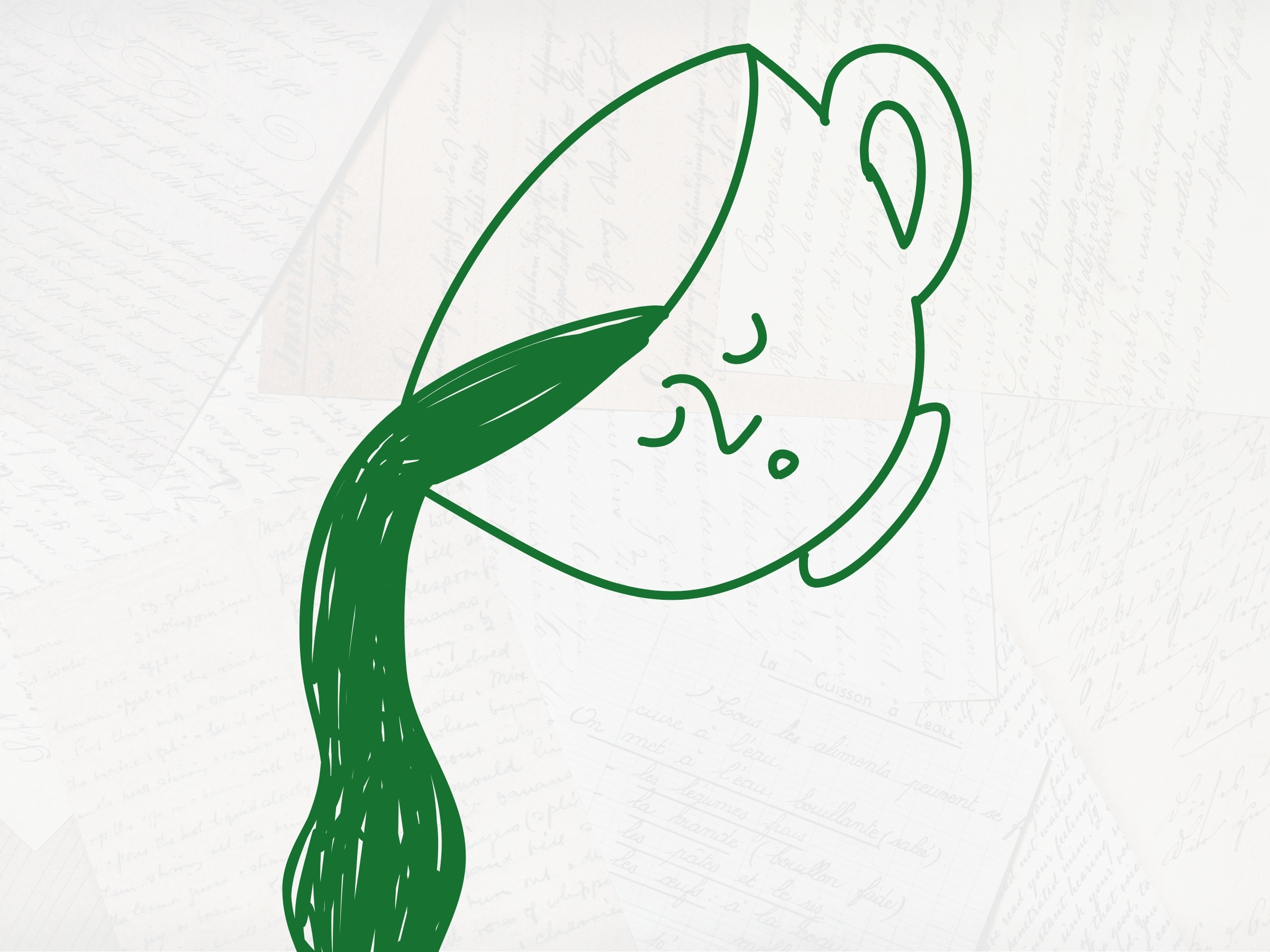
Content note: Ableism, financial hardship, mention of family violence.
As part of the ‘Doing Adulthood’ series, we had the pleasure of speaking with Anna Zhang (she/her), a young disabled person, survivor of domestic violence and a self-confessed former people-pleaser, about the importance of inner work and boundaries.
She wants to share her life wisdom with other disabled people because she passionately believes that everyone should feel worthy and empowered to have respectful relationships.
Anna hopes that by creating awareness of the importance of boundaries that she can help other people with disability think about what is important to them, and how to stick up for themselves, “even though it’s hard!”.
Her life journey has culminated in an unwavering belief that to be healthy and happy we need to put ourselves first.
Introducing Anna
Anna muses that boundary setting has never been something that has come easily to her. “Like many young disabled people, I have been on the receiving end of putting up with poor behaviour and unhealthy relationship dynamics due to bullying, past trauma and loneliness,” says Anna. “I was unable to assert myself and it has made me incredibly vulnerable to manipulative and narcissistic behaviour, being taken advantage of, and leading me down a path of self-hatred and dark thoughts.”
She wants to remind everyone that we all deserve dignity and respect from family, friends, romantic partners and others in society – despite what others might try and make us believe.
We all matter.
A diagnosis!
Anna admits that growing up undiagnosed as a young person, that things were extremely challenging and often at times confusing. It wasn’t until experiencing something traumatic that her disability came to light – being diagnosed later in life with ADHD, Autism and PTSD and embracing her disability – brought understanding, clarity and an acknowledgement of the importance of self-care and compassion.
As she has matured, her appreciation around the importance of disability pride, setting boundaries, and leaning into those supports, continued to deepen.
Be sure to fill your cup
“You can’t pour from an empty cup” and “you need to learn to put on your oxygen mask first,” are phrases that are part of her trusted lexicon. These are neat ways of saying – ensure you look after yourself otherwise you can’t be available to others.
Anna says we should never feel guilty for nurturing ourselves. “The older I am, the more I appreciate the adage of ‘filling my own cup’. Instead of trying to please other people I try to do the things that make me happy and align with my values.”
“It can be as simple as spending 5 minutes a day doing breathing exercises or counting, or using affirmations ‘I am safe’, ‘I’m here now’, or it could be as simple as watching your favourite TV show.”
As I’m listening to Anna, I reflect that when we break it all down, looking after ourselves – or self-care – is about being kind to ourselves. The beauty is that there is no right, or wrong. As Anna explains, “it’s about personalising it – it’s whatever makes you happy.” And it really doesn’t have to be a big thing. It’s often the little things that make a big difference.
“I have also learnt rather than misusing my medication it is better to do positive, healthy activity like exercising or focusing on self-care,” says Anna.
Find at least one good listener
There are times when having a disability can feel like a lonely place. But Anna reminds me that the simple act of talking to someone – whether it’s to a therapist, friend or family – can transform our space. “Talking is extremely grounding. It has also allowed me to learn positive coping strategies like being more willing to talk things out with people, not seeking external validation and welcoming positive relationships in my life. I have learnt a lot about myself, I feel more empowered, and it’s facilitated positive ways to look after myself – just through the simple act of talking,” she says.
Hold dear to your fences
The disabled community are no strangers to boundary pushers. Whether it is navigating relationships, studies, or other big things in life, we are often up against it – with people often pushing and even breaking our boundaries.
But Anna reminds me of the importance of not only setting boundaries but holding dear to these. “If it’s you’re first time setting a boundary, it can be scary, you might face resistance. But when you have strong boundaries it helps you to do more and be more confident in yourself, put your own values and priorities first.” Like the times that Anna has had difficult conversations with friends about what it’s ok to say, and not say – specifically about her disability and appearance.
But she is a believer that the people who truly care about you want you to set boundaries and do what’s best for you. “It’s the unhealthy people that won’t want you to have your boundaries.”
Some Anna’risms
In our community we are all different, our life journeys, and our life experiences but there are common threads that bind us together and lessons we can all learn from.
With a dash of artistic licence, here is summary of Anna’s life lessons that she shared:
- Find someone to talk to – you need at least one good listener – it’s important not to feel alone.
- Spend time every day looking after yourself – whether it’s watching your favourite tv show, spending time with your pet, or just eating your favourite meal – self-care is super important.
- The people in your life should respect your boundaries and energise you – not leave you feeling drained.
- It’s your right to switch therapists, medical professionals or partners – life is short!
- It’s important to set physical and emotional boundaries with family, friends and others in your life – and ensure you stick to these.
- Be sure to avoid relationships with a power imbalance and seek those that share the same life stage as you.
- You deserve good things. You warrant respect. You matter!
A closing reminder:
This blog is about hope and validation. It’s also a reminder that you are not alone. A reminder that you matter. A reminder; to set boundaries, to surround yourself with good people, and most importantly to always ensure you “put on your oxygen mask first”.

About Anna
Anna is a lived experience advocate, passionate about advocating for social justice issues. Disability leadership, empowerment and pride beyond tokenism are extremely important for her to make a positive impact.
Anna works as a YACVic Peer Facilitator and as Chair of the Kids First Australia Youth Council. She is currently working with the YLAB eSafety Commissioner and the Victims of Crime Commissioner, and is working on 6 different advisory groups and projects including; VLA Children’s Legal Service Advisory, Claim Your Human Rights in B-hart, CYDA’s Take Charge of Change, mentoring in the Centre of Excellence, Create Young Consultant, and Young Women’s Alliance whilst balancing studying a community services diploma.
Her lived and living experience of domestic and family violence, disability (ADHD & Autism), CALD background, (informal) care experience, young carer, bullying, racism, victim/survivor of grooming/CSA, mental health challenges (C-PTSD, AOD, PMDD, suicide, generalised anxiety disorder), and systemic let downs has led her down a path of wanting to make positive changes for her community and marginalised groups and survivors who may not have a voice, platform or privilege to speak up for themselves and to lead for generational and transformative change.
She advocates, and is continuing to advocate, across different sectors like family violence, disability, child protection, out of home care, mental health, suicide prevention and more with intersectionality in the forefront of her work. Her passion has led her to work across many organisations including Headspace, Mental Health Foundation Australia, ROTARY, Friends of Children’s Foundation, Royal Children’s Hospital, Satellite Foundation, YMCA, YDAS, Arts Access Victoria, Yooralla, Safe & Equal, APSU, Berry Street, Orygen, Peninsula Health and many more organisations to create systemic change.
She was a part of a year long advocacy campaign which resulted in a new Headspace centre being built in Syndal, travelled to Sydney Parliament to share her lived experience, won multiple awards for Civic and Youth Leadership and led a reform to embed new anti-racism education through the Victorian education system.

